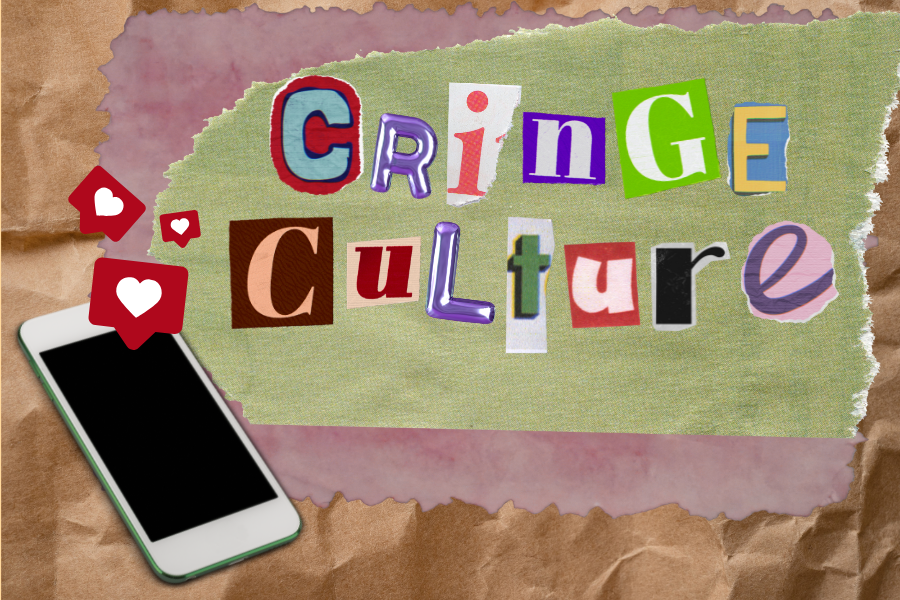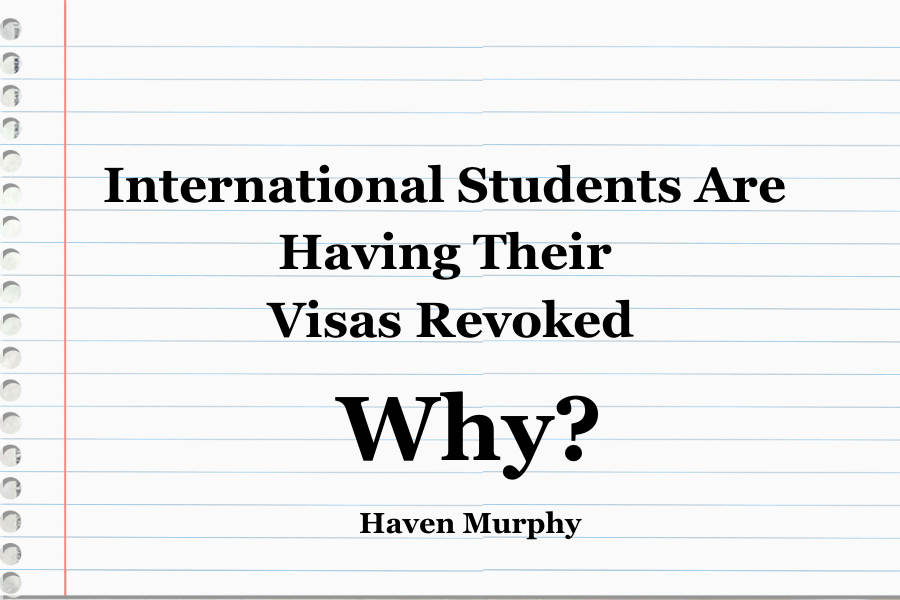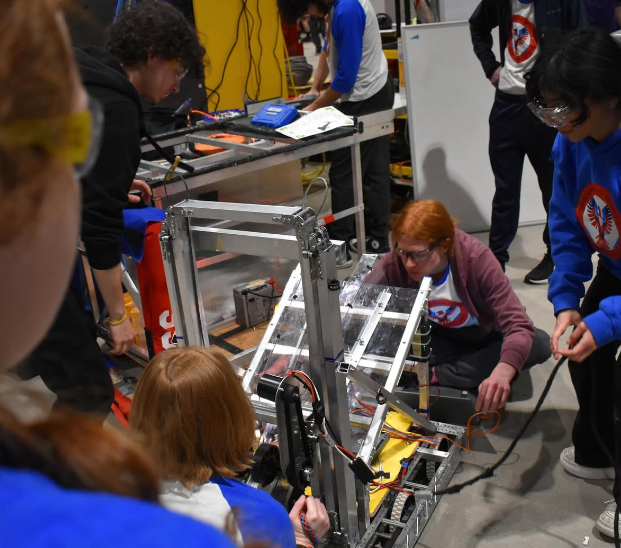This 2024-2025 School Year, I am taking IB Environmental Systems and Societies. Recently, we had an assignment that required us to take a quiz that would tell us our environmental overshoot day. For reference, an overshoot day is the day in the year when you have used up all of the resources that the Earth can provide for you in a year. This quiz and my results have fundamentally changed my perspective on the environment and the resources that I use everyday. After taking the quiz and being unhappy with my results, I couldn’t stop thinking about how I could improve them. So, I decided to research the topic and share ways that teenagers, who might not be in control of every aspect of their circumstances, can make an effort to be more sustainable.
Globally, our ecological footprint is 1.6 GHA, which is the amount of productive land per person. Essentially it measures how much of the Earth a person needs to survive. In the United States alone, there was a biocapacity of 8.1 gha per person in 2018 according to overshoot.footprint.org. This means that in the US, we use many more resources than the ones that are available to us. Essentially every person needs 8.1 hectares (areas of land on Earth) to maintain their lifestyle. You may be asking, what goes into the ecological footprint? Conservation.org tells us that there are several factors that contribute to a country, or a person’s ecological footprint. Your home, your waste, your diet, and your transportation are all important factors that greatly affect your ecological footprint. So, how can we change our behaviors in these areas of our everyday lives to be more environmentally friendly?
One of the easiest things we can do is pay attention to our waste. Where does it go, how much waste do we produce, what do we recycle? Take a cardboard box, one you or a family member received when you ordered something online, or an extra storage bin lying around and put it in your room. Then, whenever you go to throw something away, ask yourself: can this be recycled? The EPA provides a list of the many things that can be recycled. Take a look if you don’t know exactly what can and cannot be recycled! Recycling everything that you possibly can will reduce your waste immensely and therefore decrease your ecological footprint, meaning you are living more sustainably! It is easy and doesn’t require any outside funds or supplies.
When looking at other ways we produce waste, many of us produce waste everyday when eating! Try paying closer attention to how much food you eat compared to how much you throw away. Don’t take more food than you can eat and don’t forget about those leftovers in the fridge that your mom is always bothering you about either! Just being mindful and trying not to throw as much away is a great step in the right direction.
Continuing with the theme of less waste, we as teens especially are encouraged to be huge consumerists. On social media there is always some new “trendy” item of the week that everyone has to go out and buy. Try to resist this constant temptation to just buy more and more new items. It will save the environment and your wallet! Ask yourself: do I really need a brand new reusable water bottle solely because I want a new color variant? The point of reusable water bottles is sustainability. Also, if you need something new, try to shop sustainably. For example, thrift stores and second hand stores are a great place to get clothes, room decor, and more! Personally, I find it very satisfying when I find a treasure at the thrift store. There are many other places to get new things in sustainable ways. My neighborhood has a facebook group called “Buy Nothing” where many people swap, share, and give away old or unused items to avoid buying new things. Speaking of swapping with your neighbors, you can also just have an environmentally friendly trading party with your friends! Everyone can bring a few items of clothing, room decor, books, etc., that they don’t particularly want or use often and then you can trade! Remember, your trash can be someone else’s treasure, and vice versa. Estate sales are another good environmentally friendly way to shop. Many estate sales take place when the previous homeowner died and the new home owners want to get rid of everything in their house, and fast! Buying from an estate sale means there will be one less thing that the new homeowners will throw away. There are also many companies that take things like plastic bottles and recycled paper and turn them into new items such as bracelets or decomposition notebooks (my personal favorite notebooks). When buying sustainably the possibilities are endless.
You can not only buy items sustainably, you can also donate and give away old items that you no longer use as an alternative to throwing them away. Many local charities and non-profits would appreciate your donation and your old items would go to good use! Several local charities you could donate clothes to include: The Rainbow Locker, a project run by the LGBTQ center that provides gender affirming clothes for LGBTQ community members, Hospitality Rooms, a program run by the United Methodist Church in South Bend to provide basic necessities to people in need, as well as Dress For Success, a non profit that supports women in need to help them become economically independent. These organizations are all doing great things to support our community, so consider donating instead of trashing the next time you are deep cleaning. This will also help continue the cycle of sustainability and overall reduce waste.
There are many, many ways you can positively change your daily activities in order to help the environment if you just pay closer attention. Make sure all of your lights are off before you leave for school. Don’t leave the water running. Tiny changes that require little effort can go such a long way. Don’t feel discouraged just because you think you have no control over things like the environment. I know it can be anxiety-inducing to constantly hear adults speaking about the Earth going downhill and a dangerous future for humanity. But, we can’t just watch, wait, and do nothing! If everyone does their part, no matter how big or small, together we can have a healthier planet and more peace of mind!














